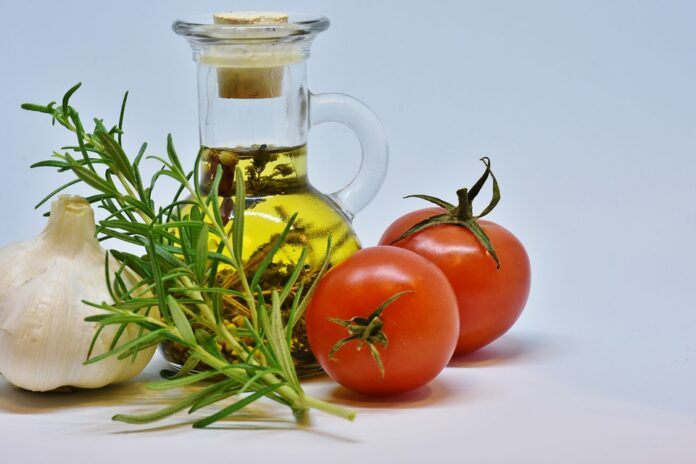Organic food has become increasingly popular in recent years, with more and more consumers seeking out products that are free from synthetic pesticides, GMOs, and other harmful chemicals. However, when it comes to buying organic food, not all labels are created equal. In fact, some companies use misleading labeling practices to make their products appear more wholesome and natural than they actually are. So, how can you tell if a product is truly organic? Read on to uncover the truth behind organic food labeling and what you need to know before making your next purchase.
What Does “Organic” Really Mean?
When you see the word “organic” on a food label, it means that the product has been produced without the use of synthetic chemicals, pesticides, antibiotics, and hormones. Organic farmers rely on natural methods to fertilize and protect their crops, which helps to promote soil health, conserve water, and protect biodiversity. In order for a product to be certified organic, it must meet strict standards set by the United States Department of Agriculture (USDA).
Understanding Organic Food Labels
There are different levels of organic certification that you may see on food labels. Products labeled as “100% organic” contain only organic ingredients and have been produced without any synthetic chemicals. Products labeled as “organic” contain at least 95% organic ingredients, while products labeled as “made with organic ingredients” contain at least 70% organic ingredients. It’s important to read the label carefully to ensure that you are getting what you pay for.
Beware of Greenwashing
Unfortunately, not all products that claim to be organic are truly pesticide-free. Some companies engage in a practice known as greenwashing, where they use misleading labels and marketing tactics to make their products appear more natural and wholesome than they actually are. This can include using phrases like “all-natural” or “farm-fresh” on non-organic products to deceive consumers. To avoid falling victim to greenwashing, look for products that are certified organic by a reputable third-party organization.
The Benefits of Choosing Organic
There are many benefits to choosing organic food, both for your health and the environment. Organic produce is often higher in nutrients and antioxidants than conventionally-grown produce, and organic meat and dairy products are free from antibiotics and hormones. By supporting organic farming practices, you are also helping to protect soil and water resources, reduce pollution, and support biodiversity.
Conclusion
When it comes to buying organic food, it’s important to be an informed consumer. By understanding what organic labeling really means and being aware of greenwashing tactics, you can make better choices for your health and the environment. Look for products that are certified organic by the USDA or other reputable organizations, and remember that the most important thing is to eat a varied and balanced diet with plenty of fruits, vegetables, whole grains, and lean proteins. By supporting organic farmers and producers, you are not only making a positive impact on your own health, but also on the planet as a whole.
Frequency Asked Questions:
1. How can I tell if a product is truly organic?
To ensure that a product is truly organic, look for the USDA organic seal on the label. This seal certifies that the product has met strict organic standards set by the USDA.
2. Are organic products always more expensive than non-organic products?
While organic products can sometimes be more expensive than non-organic products, the price difference is often worth it for the health and environmental benefits. Additionally, the cost of organic food has been decreasing as demand for organic products continues to grow.

